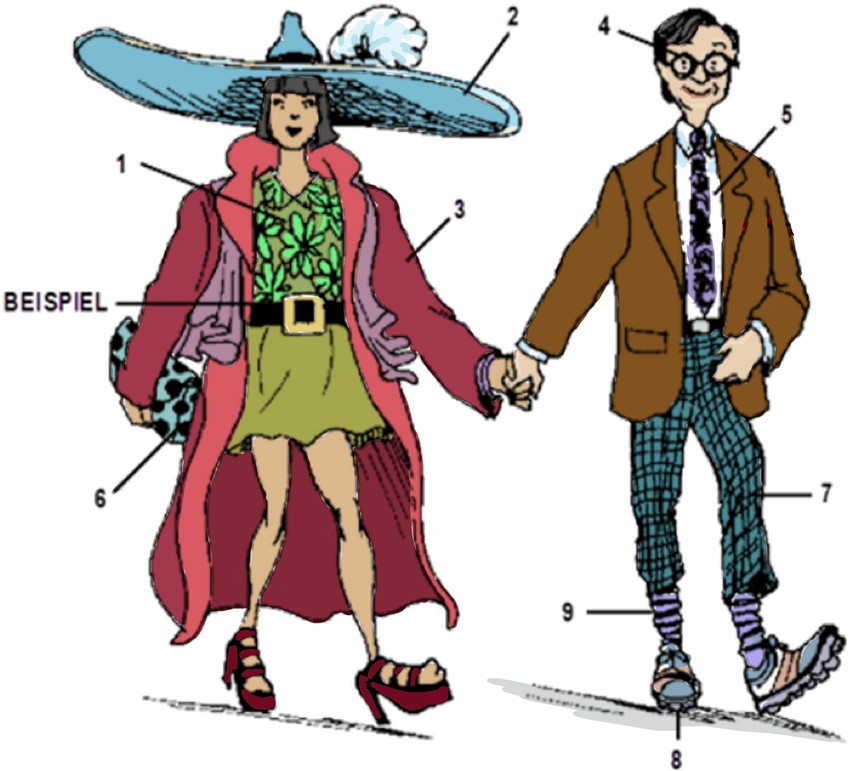Passage 2: ?????????????????????????????????“??????????????”???“??????????????????”???“????????”????“??????????????????????????????????????????????”
???“?????????????????????????”???“???????”???“????????????????????????”???“?????”???“???????????????????????????”????“???????????????????????????????????????????”???“?????????”
???????7:15???????????A. ???? B. ??? C. ????
A. ????
You might also like to view...
For each of the following reading situations, identify the MAJOR purposes for reading that apply
Choose the letter of as many as apply. You read a letter that explains why your auto insurance rates have gone up and how to compare the rates of various insurance companies. a. Gain a general understanding of the ideas or points. b. Discover the facts or answer questions. c. Memorize the information. d. Find information or ideas that prove a point you want to make. e. Make a decision based on the information.
If the sentence is correct, write OK in the blank. If the sentence has a problem with pronoun reference, write the incorrect pronoun in the blank. Kimyatta chose a nontraditional career, which made her mother very proud.
Fill in the blank(s) with the appropriate word(s).
Los consejos. Felipe va a estudiar su primer año en la universidad. Su mamá le da consejos el día que sale para la universidad. Elige la forma apropiada (presente del indicativo, presente del subjuntivo o infinitivo) del verbo entre paréntesis. Felipe, para tener buena salud, es muy importante que tú (1) (tienes / tengas) una rutina normal. Debes (2) (acostarte / te acuestas) y (3) (despertarte / te despiertas) a la misma hora cada día. Es recomendable que (4) (duermes / duermas) un mínimo de siete horas cada noche. Además, los estudiantes que (5) (hacen / hagan) ejercicio normalmente se sienten mucho mejor. Tienes que (6) (comer / comes) más frutas y verduras y es importante (7) (beber / bebas) mucha agua, por lo menos ocho vasos al día. También, como estudiante, es
necesario que (8) (estudiar / estudies) en un lugar tranquilo donde no te interrumpan. Es aconsejable que no (9) (fumar / fumes). Finalmente, debes (10) (divertirte / te diviertas) mucho en la universidad los fines de semana.(2) Fill in the blank(s) with the appropriate word(s).
Sehen Sie sich Nico und Miriam an und tragen Sie die Namen der Kleidungsstücke – mit den jeweiligen bestimmten Artikeln (the appropriate definite articles) – in die Liste ein

What will be an ideal response?